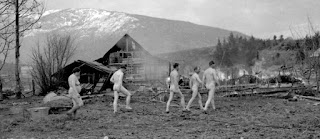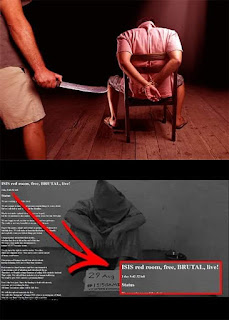Marek Morsel tried to find a safe haven after Nazi Germany occupied Prague.
He was one of a small number of Jews who found refuge in a farming commune in the Dominican Republic.
On this day 85 years ago, President Roosevelt called together a conference ostensibly aimed at finding homes for the growing number of Jews seeking to flee Nazi persecution.
Over nine days, delegate after delegate expressed profound sympathy for the plight of Jewish refugees. In the end, the vast majority of nations, including the United States, were unwilling to accept more immigrants outside of their existing immigration laws and quotas.
The Dominican Republic offered to take in more refugees, but placed limits on who could come. Only about 500 Jewish refugees ever arrived.
After the German occupation in 1939, Marek’s sister-in-law had learned that there was going to be a round up of young men. Marek’s wife urged him to flee.
Marek endured a journey to Lisbon where Portuguese police, for an unknown reason, refused to let him disembark from the ship.
The ship headed to New York, with Marek still aboard. As he did not have any paperwork to enter the United States, he was held at Ellis Island. Finally, he was able to board a ship to the Dominican Republic.
In 1946, after the end of World War II, his wife joined him there and they moved to Virginia two years later.
Photo: USHMM, courtesy of Marek Morsel











Comments
Post a Comment